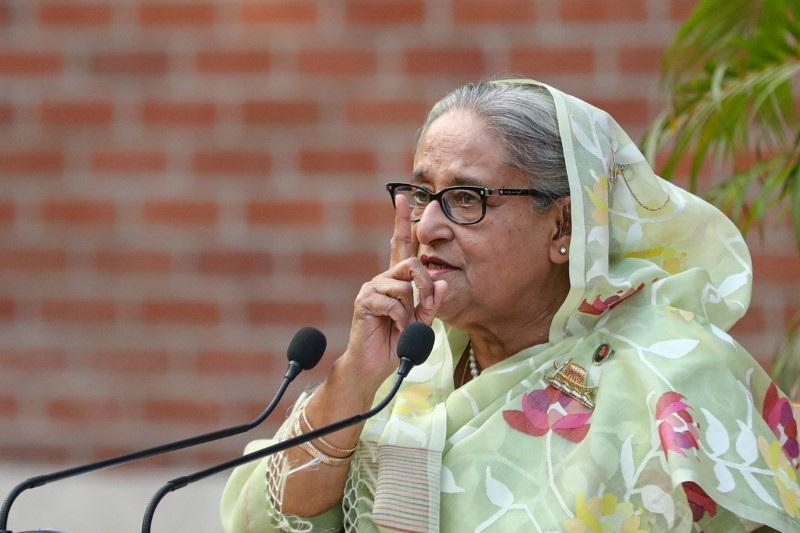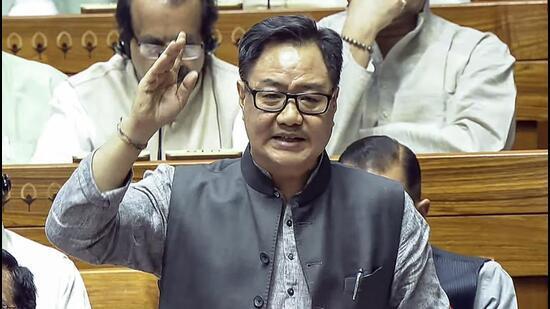
India Summons Bangladesh Envoy Amid Sheikh Hasina’s Speech Row
In a move that has stirred up diplomatic tensions between the two nations, the Ministry of External Affairs (MEA) summoned Bangladesh’s Acting High Commissioner to India on Friday, amid a controversy surrounding remarks made by Bangladesh Prime Minister Sheikh Hasina. Hasina had accused Nobel laureate Muhammad Yunus of plotting to murder her, a claim that has been widely condemned by many.
According to reports, Dhaka had lodged a “protest” with the Indian government over Hasina’s remarks, which were made during a speech she delivered at a program in Dhaka. The MEA, in a strongly-worded statement, rejected Bangladesh’s protest, saying that Hasina’s remarks were made in her “individual capacity” and not as a representative of the Bangladeshi government.
“It’s regrettable that the statements made by Bangladesh authorities continue to portray India negatively,” the MEA statement added.
The controversy surrounding Hasina’s remarks began when she accused Yunus, a renowned economist and social entrepreneur, of planning to murder her. Yunus has denied the allegations, calling them “baseless” and “false”. The Bangladeshi Prime Minister’s remarks have been widely condemned by many, including the Indian government, which has expressed disappointment over the comments.
The MEA statement issued on Friday said that India’s diplomatic relations with Bangladesh are built on strong foundations of mutual trust, understanding, and cooperation. However, it added that the recent rhetoric from Dhaka has been “regrettable” and has caused “unnecessary tensions” between the two nations.
The development comes at a time when India and Bangladesh are engaged in a series of high-level diplomatic exchanges, including a recent visit by Indian Foreign Minister S Jaishankar to Dhaka. The two nations have been working together closely on a range of issues, including trade, security, and connectivity.
However, the controversy surrounding Hasina’s remarks has raised concerns about the direction of India-Bangladesh ties in the coming days. The MEA’s decision to summon Bangladesh’s Acting High Commissioner is seen as a strong message to Dhaka that India will not tolerate any rhetoric that is aimed at undermining its relations with Bangladesh.
The controversy has also sparked a heated debate in India and Bangladesh, with many experts and politicians weighing in on the issue. Some have called for a calm and measured approach to resolve the dispute, while others have urged the governments of both nations to take a stronger stance.
In a statement, the MEA said that India values its relations with Bangladesh and is committed to strengthening its ties with the neighboring nation. However, it added that India will not compromise on its core values and principles, including its commitment to democracy, human rights, and the rule of law.
The development has also sparked concerns about the impact on India-Bangladesh trade and commerce. The two nations have been working together to increase trade and commerce between them, and the controversy could potentially undermine these efforts.
In conclusion, the controversy surrounding Hasina’s remarks has raised concerns about the direction of India-Bangladesh ties in the coming days. The MEA’s decision to summon Bangladesh’s Acting High Commissioner is a strong message to Dhaka that India will not tolerate any rhetoric that is aimed at undermining its relations with Bangladesh. As the two nations work to resolve the dispute, it is essential that they maintain a calm and measured approach to ensure that the relations between them continue to grow and strengthen.






